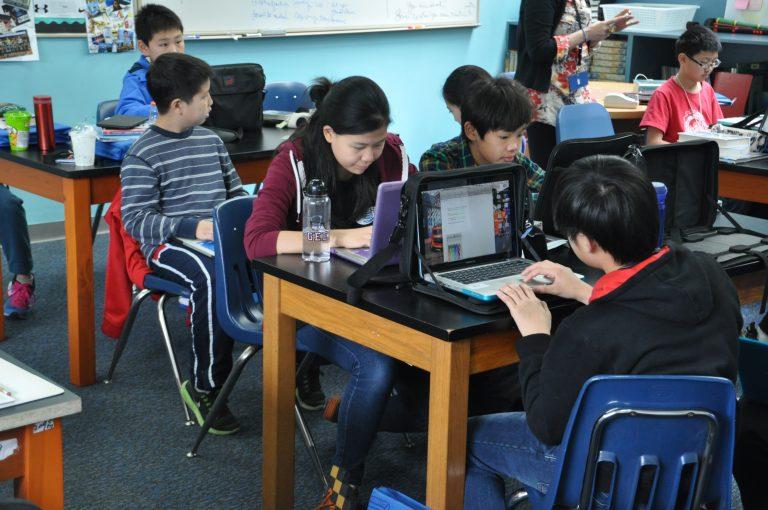When discussing disability rights it is imperative to tackle areas in which substantial advancements can be made. The discussion of inclusive education for people with disabilities is an important one with ripple effects all throughout society. Both China and the European Union (EU) have taken on the topic of disability rights and accelerated their engagement on this topic both internally as well as through global governance efforts. For both entities, education has been an integral part of their disability rights programs. As education is an emancipator and an economic propellant, it makes sense that it would be at the heart of societal and economic progress for both China and the EU. For the EU, inclusive education is a means of furthering its normative framework as well as shaping a better post-crisis Europe. For China, the inclusion of vulnerable groups within its mainstream education system is an important milestone in its development to a more egalitarian society and towards sustainable growth.
The first part of this paper aims to give an overview of the political and institutional factors that play a part in the shaping of the EU’s and China’s disability rights and inclusive education regimes. Secondarily, it discusses a variety of approaches that have been implemented on a countrywide level within the EU and in China. Here, the opportunities and challenges to these models are explored, and how best practices can continue to be shared to further China and the EU’s development in this field.

